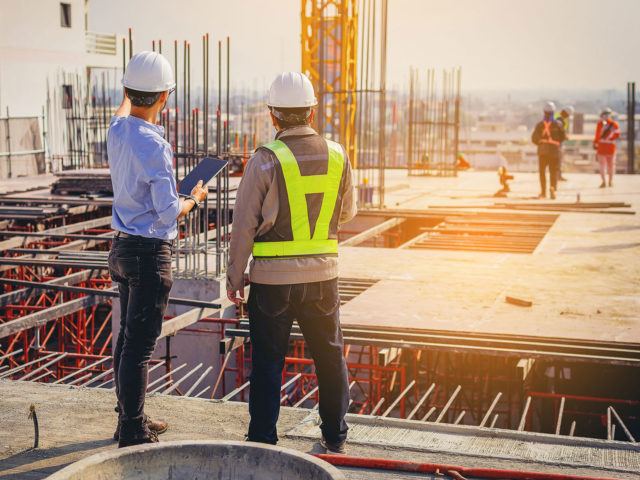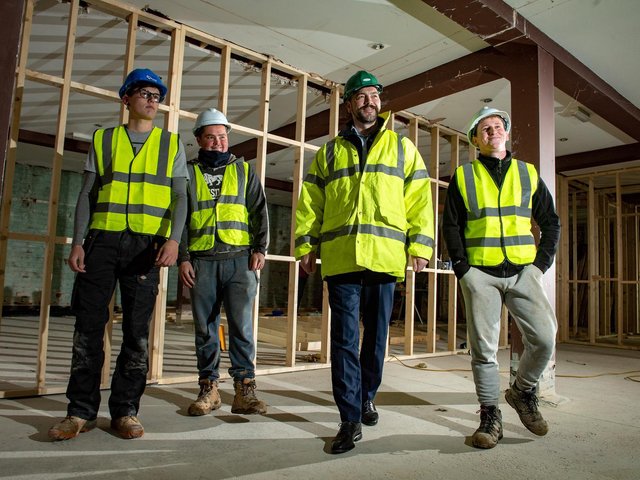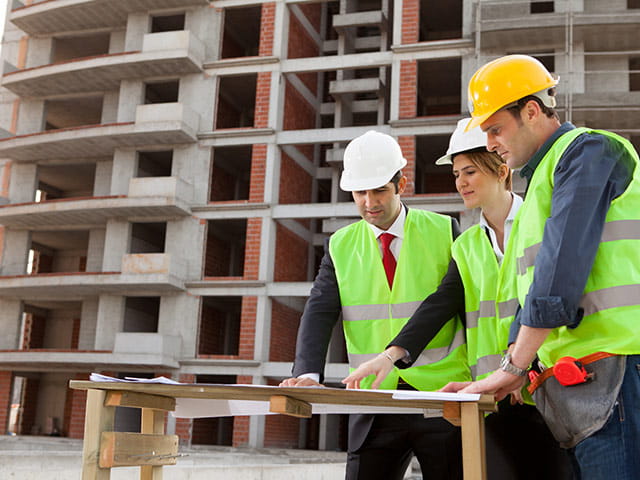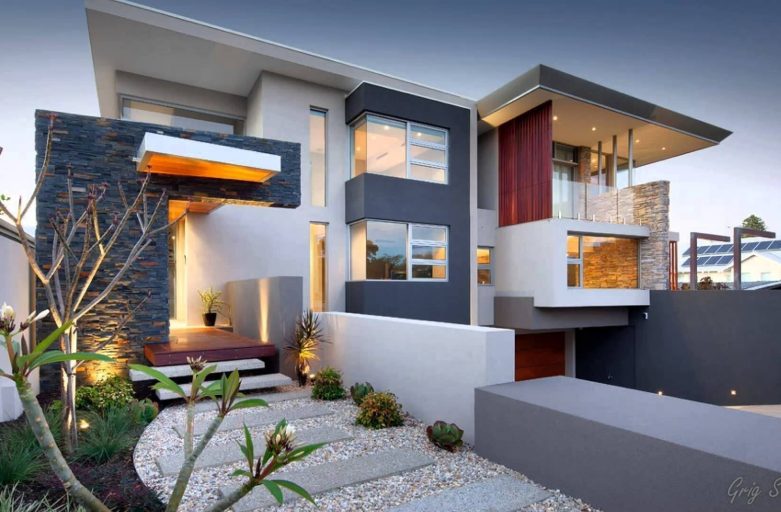Before you start building your custom home, you must have a clear vision of your home’s appearance. Before you begin planning the layout of your new home, think about your future plans and your family’s needs. Make sure to consider the following Useful Custom Home Building Tips:
Planning
When planning a new home, it’s essential to consider some factors.
Location: Having the right location is important and determining how much space you’ll need for the features you want. You may wish your custom home to be in a shady location or to have afternoon sun in the back yard. Keeping energy costs in mind, you’ll also want to consider how your new home will look in different seasons. Take a walk around the neighborhood to get a feel for its characteristics.
Budget: Another essential aspect of planning a new home is budget. Although custom homes can be costly, they can give you more freedom. Many people find that they can get exactly what they want for their budgets if they plan ahead. This can be especially helpful if you’re on a tight budget. The interior designer’s work can help you get the exact look you want and include the finishing touches you want.
Decide on the right floor plan: If you’re building a new home, consider how many floors you need and the number of entrances. You may want a gameroom or a media room for your children. Make sure you have plenty of bathrooms and bedrooms for everyone. You should also take into consideration the layout of the rooms. Your daily life and the size of your family will help you decide on the right floor plan.

Choosing a contractor
When choosing a contractor for a custom home, you can have many options.
Compatibility: One of the most important factors in choosing a contractor is whether you and the company are compatible. You should be able to speak to the contractor’s references and ask them questions to understand better what they can do for you. You should also ask for references from past clients to get a better idea of the level of communication you can expect.
Good communication: Make sure you choose a contractor with a high level of communication. If you deal with a company with many people in different roles, you’re likely to run into communication problems. Also, ensure that the contact person is at the managerial level. If you have a problem with a subcontractor, you can get your needs addressed directly.
Know what’s in the price: While choosing a contractor for a custom home can be exciting, it’s important to understand what is included in the price. Some things you can choose to have at a price include landscaping, appliances, utility connections, and more. Make sure you know what these things will cost to build them into your budget. Additionally, make sure the contractor you hire is licensed and bonded, as this will protect you and your investment.
Choosing subcontractors

While the custom home building is an exciting endeavour, however, you must be sure to choose qualified subcontractors to complete the project. Subcontractors are typically specialists in their field, and nearly every contractor uses them. As a result, you should talk to the home builder about specific subcontractors.
Subcontractors may be familiar with certain types of materials and can be helpful in your design process. The builder should be able to recommend subcontractors who have experience with similar projects and are capable of completing the project quickly and professionally.
Understand the fees: Before hiring subs, make sure you understand their fees. You should have a written contract that clearly outlines the scope of work, the payment schedule, and bonus terms. Also, ask them to provide written warranties for their work.
Consider their experience: Always choose subcontractors based on their experience and references. You should ask trusted friends for recommendations if you are not familiar with a particular trade. This will give you a better sense of their quality and professionalism.
Evaluate them: Once you’ve decided to hire subcontractors for custom home building, you should evaluate them over time. Initially, they will be used for smaller jobs and be assessed based on their availability, bid accuracy, and overall quality of work. As the project progresses, the builder will coordinate their efforts with the subcontractors and make sure the work is completed on time. Ultimately, choosing a custom home builder is the best way to avoid the frustrations and stress of a DIY project.
Designing
You will want to start designing your custom home by creating an architectural program. This will serve as your blueprint for your dream home. Creating this program should be started before you hire an architect.
Share ideas: Discuss your ideas with the architect so that the result can be a functional design that suits your needs. Remember that your architectural program should be tailored to your timeframe, budget, and land.

Style and design: If you don’t have a clear vision of what you want, start by brainstorming the style and design you want. It can be helpful to look at similar builds and sketch ideas. The possibilities are endless! Keep a list of your desires and needs throughout the process. The final product will be your new home! Once you start designing your custom home, keeping these handy can help you make the process as smooth as possible.
Energy-efficient: When it comes to energy efficiency, new materials and building techniques make a difference. Choosing a “net-zero” home is an option many people have considered. This type of home produces more energy than it consumes and even includes a geothermal heating and cooling system. You can also choose to incorporate energy-efficient appliances and windows. Your budget will likely dictate how much energy you can spend on these features.
Cost
If you’ve been thinking about custom home building, you’ve probably asked yourself, “What is the cost?” The answer is a complex one, and it depends on several factors.
The country you live in: The region of the country you live in, the square footage of your home, and the materials you use will all play a part in the cost. Custom home building differs from production build or planned subdivisions in cost and time. You should also communicate your budget to your builder or architect at the beginning of the project and factor in the time it takes to get permits.
Size: Aside from location, size is also an important consideration. Whether you want a small, modern home or a spacious, traditional home, the price will vary. For example, an ultra-contemporary home with a wall of glass and custom swivel doors may cost more than a more traditional home. However, this type of style usually requires you to compromise on other specifications. The most expensive custom homes may include a kitchen and bathroom with ultra-modern fixtures, but you may not need them.
Finishings: The cost of custom home building is also highly dependent on the quality of finishes and the designs. Generally, the costs for these features are based on 10% to 20% of the overall construction cost. You should be aware that adding extras such as a pool can push the total cost to several hundred thousand dollars. While many home builders may charge you a flat fee, it’s wise to look for a builder who will include these costs in their contract.

